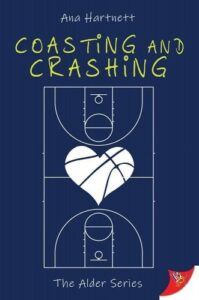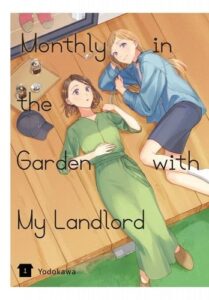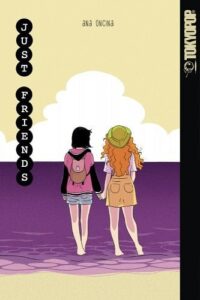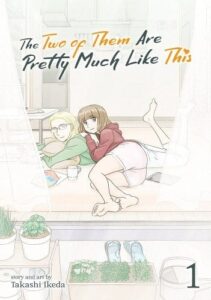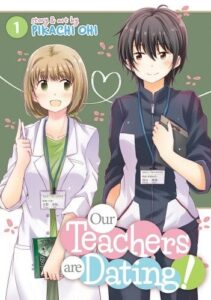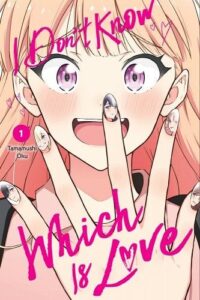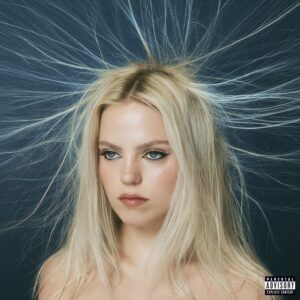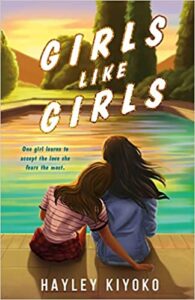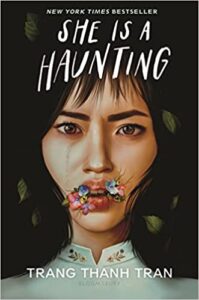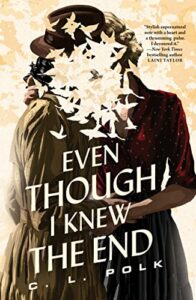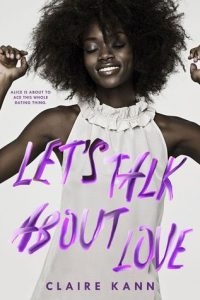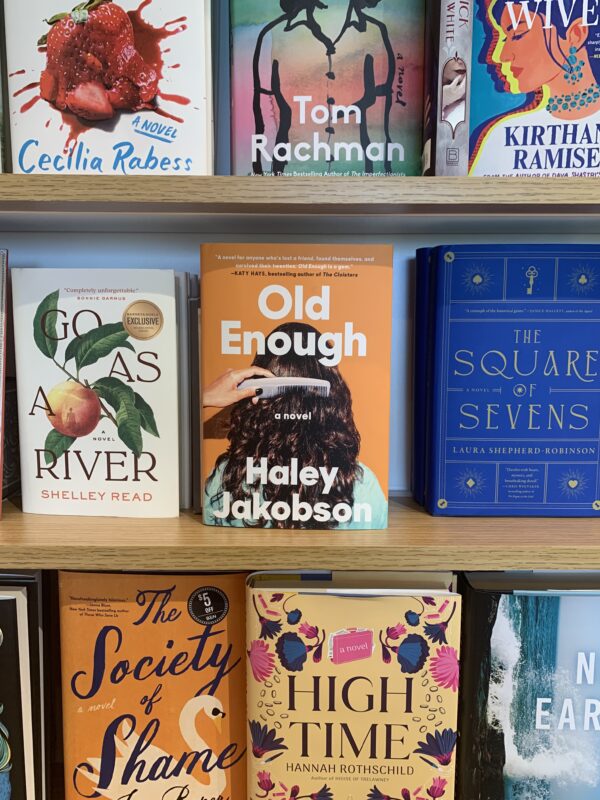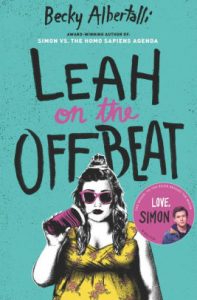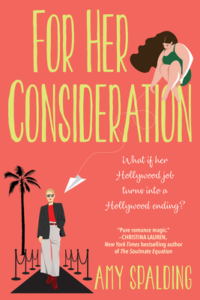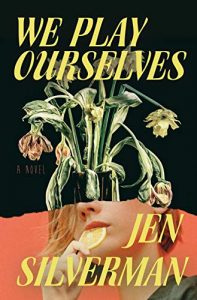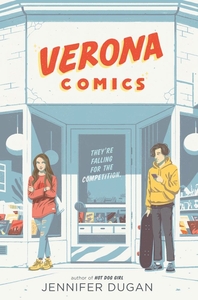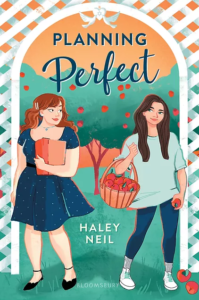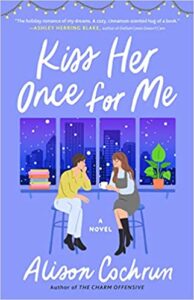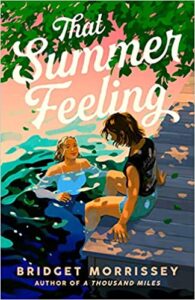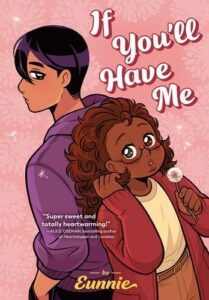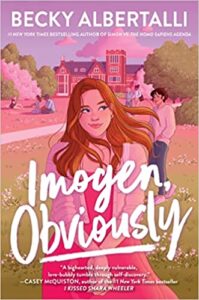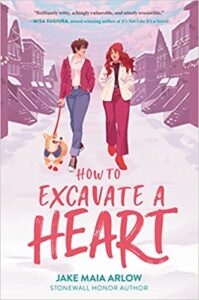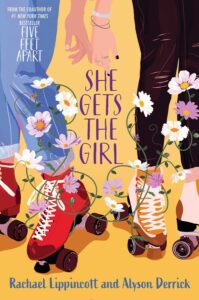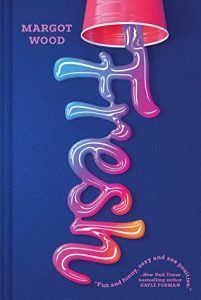Buy this from Bookshop.org to support local bookstores and the Lesbrary!
With March Madness continuing into April, I decided to start my month with Ana Hartnett’s Coasting and Crashing, the third book in her sapphic contemporary romance series set at the fictional Alder University. This time, the story revolved around players on the university’s basketball team.
Emma Wilson is coasting. She’s one of the star players for the Alder Lions. She’s got a great group of friends. Every queer woman at Adler wants her. She’s going to law school after graduation. On the surface, everything is fine. Below the surface, however, is another story. Despite what she says, she’s still not over her long-time crush, and she’s only interested in law school to satisfy her dad’s demands. So yeah, life isn’t perfect, but it’s better than the alternative.
Everything changes, however, with the arrival of a new coach, Coach Jordan. Along with Coach Jordan comes the talented, arrogant, and very attractive Lake Palmer. Emma is instantly attracted to Lake, even though she knows Lake is gunning for her starting position. Between Coach Jordan’s tough coaching style and tensions between her and Lake, Emma begins to question everything about herself and her “better than the alternative” life. Soon, everything comes crashing down, and it’s up to Emma to decide how to put it all back together again.
In Emma Wilson, Ana Hartnett gives the reader the perfect high achieving disaster lesbian. I loved her and related to her so much. Like many young adults who showed early promise in school or sports, she has had an immense amount of pressure piled onto her. Her family, friends, and teachers expect the world of her. Her father has taken these expectations to toxic levels, leading to some very traumatic moments for Emma. To cope with it all, Emma has often taken the path of least resistance because it has the lowest chance of failure and disappointing everyone. Sure, it’s not the best and most fulfilling, but she finds ways that maybe aren’t the healthiest to enjoy it. It’s a story that so many young people, especially young women, face in their lives. That choice of coping mechanism is understandable; we’ve all done it at least once in our lives when faced with overwhelming external pressures. It makes it very easy to very quickly sympathize with Emma and root for her.
Emma’s journey from coasting to thriving in the novel isn’t an easy one, which makes for a highly cringe-worthy yet satisfying read. As the title of the book alludes to, Emma crashes. She crashes hard, and she crashes multiple times. Over and over again, Emma tries to do what she thinks is the right thing. She tries multiple times to romance Lake and be the person Coach Jordan wants, only to fail miserably and have to start over. When she fails, it’s painful to read. It’s like watching a slow-moving car wreck that you are helpless to stop. However, it also makes for a sweeter experience when Emma finally starts putting the pieces together and making positive steps in the right direction. Just like you wanted to die from embarrassment at watching Emma fail, you feel overcome with joy when she succeeds.
One character I really appreciated seeing in the novel was Coach Jordan. At first, she comes off as overly strict and demanding, because that is how Emma sees her. As Emma and the reader get to know her, however, she is revealed to be a much more nurturing character. She ends up, in some ways, being the catalyst for Emma’s growth. Every romance has that supporting character who helps the main character figure things out. I loved how that ended up being Coach Jordan in this book. This comes from my experience as a student athlete in high school. I had so many great teachers and coaches who helped me see my self-worth during rough times and pushed me to be the best version of myself. While I’m vastly different from who I was then, their lessons still have had a huge impact on me. I loved seeing Emma also get this type of help from Coach Jordan as she tries to figure out how to stop crashing.
All in all, Coasting and Crashing is a slam dunk for fans of watching loveable disasters slowly figure it all out and find love. It’s especially satisfying if you were one of those high achieving kids who showed early academic or athletic talents and subsequently had a world of pressure placed upon your shoulders. Even if you weren’t or have no idea how basketball works, it’s still a great romance worthy of your time.

